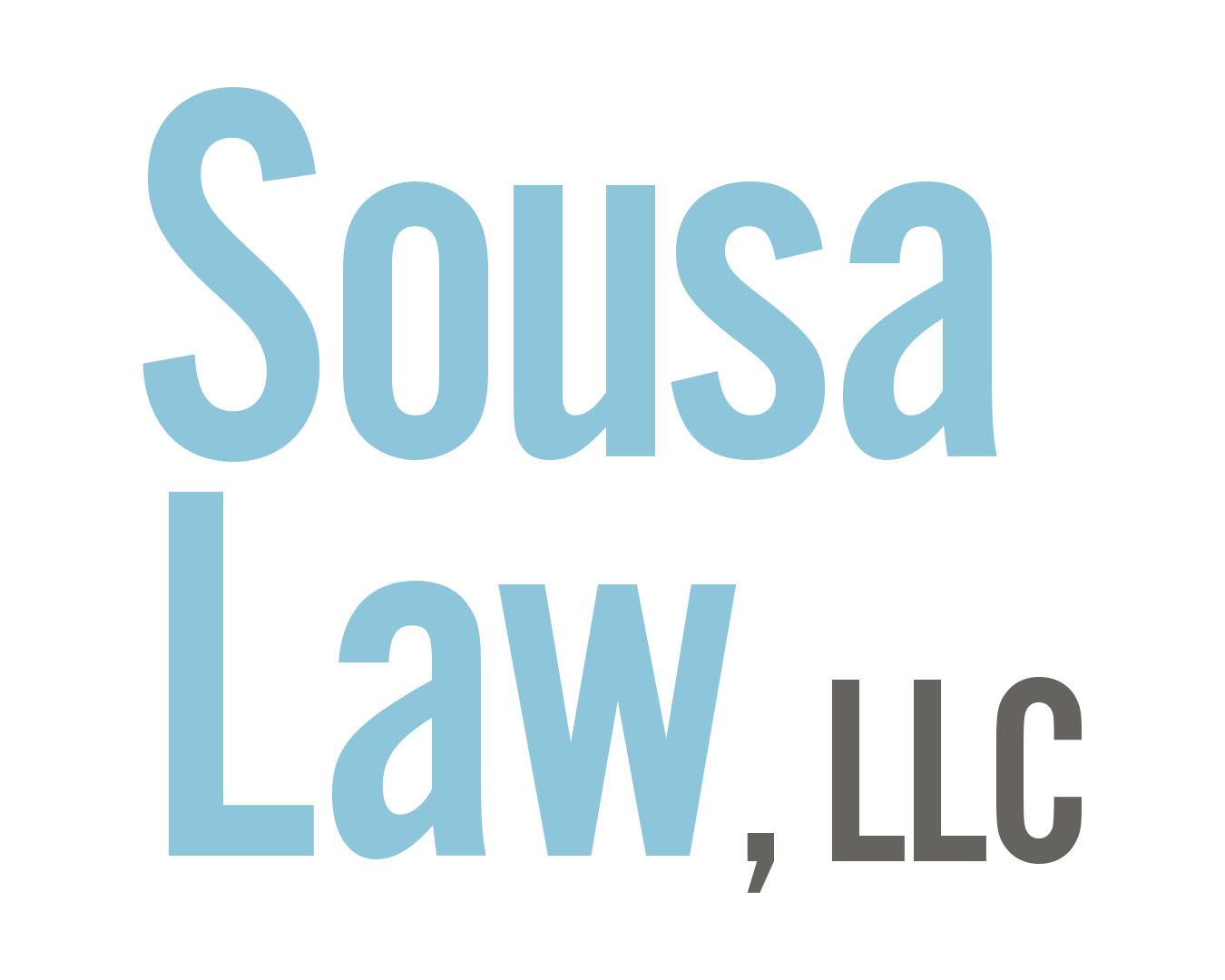Refusing a Post-Injury Drug Test: What Connecticut Workers Need to Know
Drug testing is common in today’s workplace—from pre-employment screenings to post-accident procedures. But what happens if you’re injured on the job and your employer demands a drug test? Can you say no? And what happens if you do?
At Sousa Law, LLC, we’ve been protecting injured workers across Connecticut for nearly 40 years. If you're navigating a workers’ compensation claim after a workplace accident and facing questions about drug testing, here’s what you need to know.
Post-Accident Drug Testing in Connecticut
In Connecticut, there’s no law that automatically requires drug testing after a workplace injury. However, employers do have the right to implement post-accident drug testing policies—especially in safety-sensitive jobs or industries involving hazardous equipment.
That said, employers must follow state and federal guidelines when conducting drug tests. For example, random or post-incident testing cannot be used to discourage workers from reporting injuries. This is in line with guidance from OSHA, which prohibits retaliation through unnecessary or excessive testing.
Can You Refuse a Drug Test?
Technically, yes—you can refuse a drug test. But that decision could have serious consequences.
Under Connecticut workers' compensation law, if your employer has a clear and consistent drug testing policy in place and you refuse to comply, your employer (and their insurance carrier) may argue that your refusal implies impairment. This can be used to as evidence to deny your claim.
Additionally, if you fail the drug test, your employer may try to claim that your injury was a result of intoxication or drug use—both of which are grounds to deny benefits under Connecticut General Statutes § 31-275(1)(C).
What If You Fail the Drug Test?
Failing a post-injury drug test does not automatically disqualify you from receiving workers’ compensation. The burden is on the employer or insurer to prove that your intoxication was the proximate cause of your injury—not just that drugs were present in your system.
For example, marijuana can show up in your system weeks after use, even if you weren’t impaired at the time of the accident. These cases are rarely straightforward and often require legal support to clarify what’s truly relevant under Connecticut law.
How Sousa Law, LLC Can Help
If you’re asked to take a drug test—or have already failed or refused one—after a workplace injury, don’t wait. Before you sign anything or accept a denial, speak with an experienced attorney who understands Connecticut workers’ compensation law inside and out.
At Sousa Law, LLC, we fight for injured workers across the state. Whether you’re dealing with a denied claim, a failed test, or confusing paperwork, we’re here to make sure your rights are protected and your benefits are pursued with urgency and care.
Contact us today at (203) 929-8283 to schedule a free consultation.
